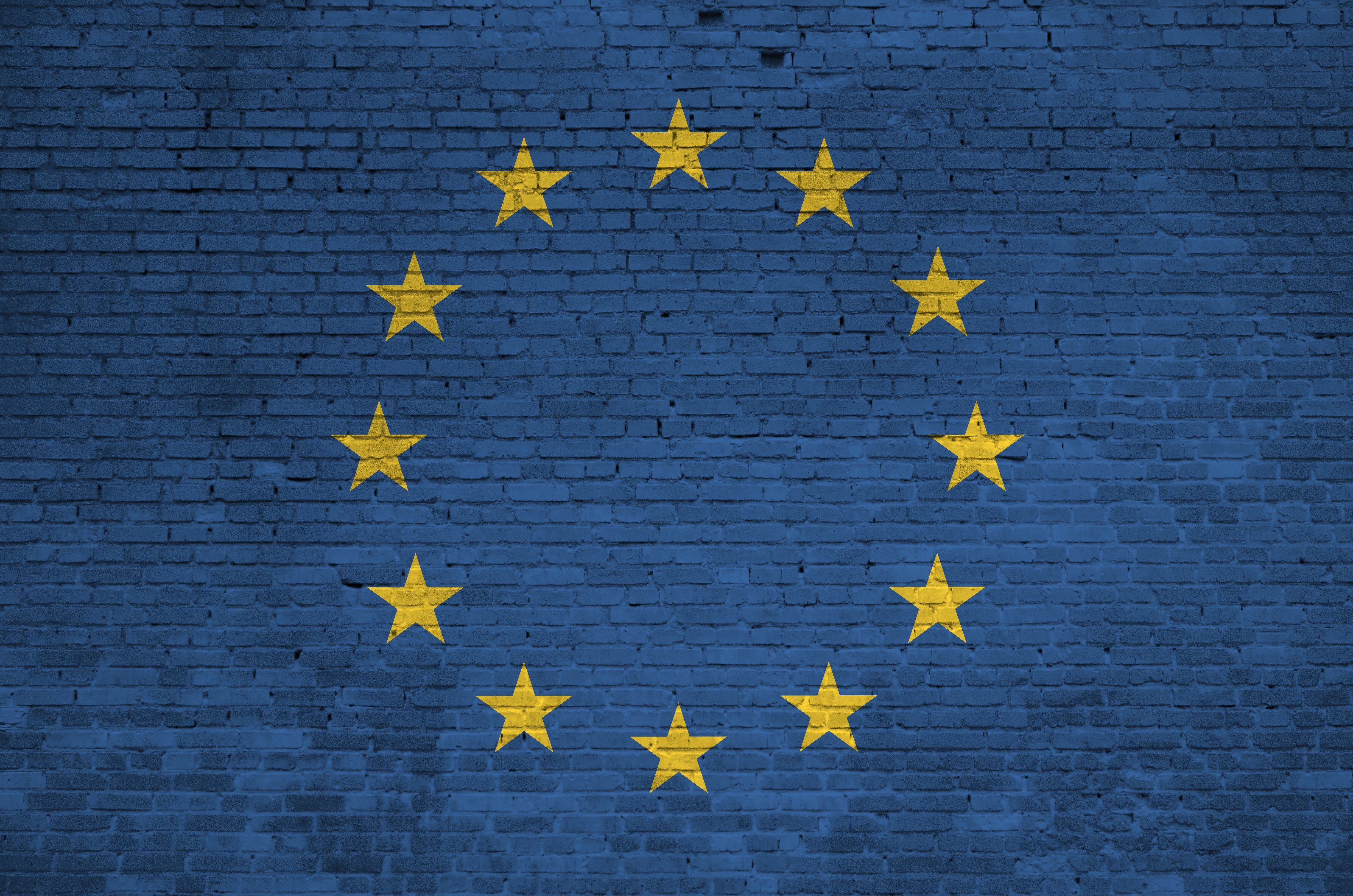112: European Commission sets new rules

On 16 December 2022, the European Commission published a Delegated Regulation with the aim of supplementing the European Electronic Communications Code (Directive 2018/1972) with measures to ensure effective access to emergency services through 112, the European Emergency Number.
This initiative aims to support technological innovation within national emergency systems by overcoming the shortcomings and gaps that have emerged in recent years.
But what are the new features introduced by the Delegated Regulation?
In order to facilitate citizens' effective access to the emergency services provided by 112, the new measures are necessary to make emergency communications handled within the European Union:
-
Compatible
-
Interoperable
-
Reliable
-
Continuous
In particular, the Delegated Regulation emphasises 3 key aspects:
-
Caller location
-
Accessibility to emergency services for people with disabilities
-
Routing of communications to the most appropriate PSAP.
Caller location
Caller location is among the most important pieces of information in the context of 112 communications and has a strong impact on their effectiveness. For this reason, the European Commission is asking the competent regulatory authorities to address the determination of criteria defining the accuracy and reliability of caller location information that, if implemented, would enable emergency services to promptly help the end user. It is also emphasised that these criteria must be designed according to a common European vision. To facilitate this, the European Commission calls for cooperation between competent regulatory authorities and the Body of European Regulators for Electronic Communications (BEREC).
Accessibility to emergency services for people with disabilities
The optimisation of emergency communications to 112 introduced by the new Delegated Regulation calls on the Member States to ensure that special attention is paid to people with disabilities. The European Commission specifies functional equivalence requirements that must be met when implementing means of access to emergency services for this type of user. The Regulation states that emergency communication for people with disabilities must be:
-
interactive and two-way
-
continuous, without pre-registration for those travelling to other Member States
-
free of charge
-
addressed promptly to the most qualified PSAP
-
subject to the same levels of accuracy and reliability of caller location information as applied to other end-users
-
accompanied by awareness-raising campaigns to promote the existence of such means of access to emergency services.
Routing of communications to the most appropriate PSAP
The effectiveness of an emergency communication depends on two fundamental aspects:
-
the timeliness with which the message is transmitted from the end user to the PSAP
-
the ability of the operator to obtain the contextual information that contributes to the description of the incident (environment, conditions, people involved, location) directly from the end user or indirectly through their device or network.
In order to ensure effective emergency communications, the Regulation states that they must be sent without delay to the most appropriate PSAP, i.e. the one best able to send information directly to the emergency services alerted in the area. In particular, the document emphasises the importance of the availability and accuracy of contextual information for the timely identification of the most appropriate resources to deal with the emergency. To this end, the European Commission requests the cooperation of the Member States in order to:
-
identify common interoperability requirements
-
prepare, by September 2023, a roadmap for the improvement of national PSAP (adoption of packet-switched technology) and their adaptation to the new measures defined at European level.

More and more European citizens are choosing to rely on 112 to access emergency services. In 2019, 112 received 56% of all emergency calls. With this Regulation, the EU officially calls on all Member States to actively engage in improving and ensuring continuity of access to emergency services, especially when the 112 is activated.







